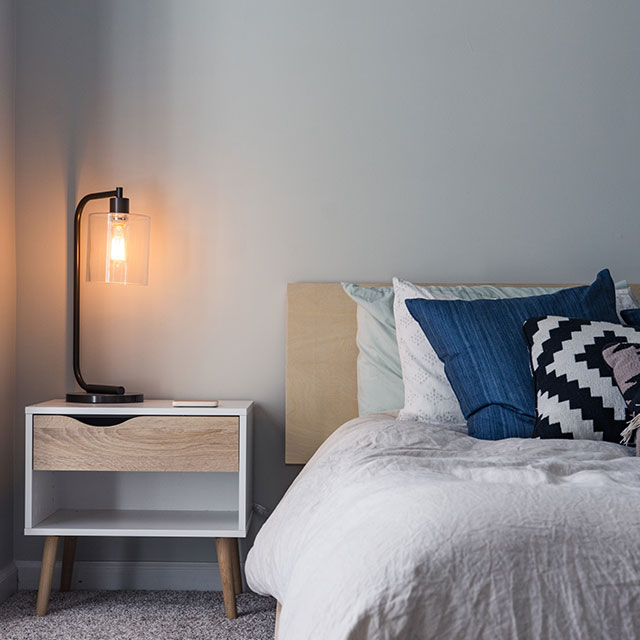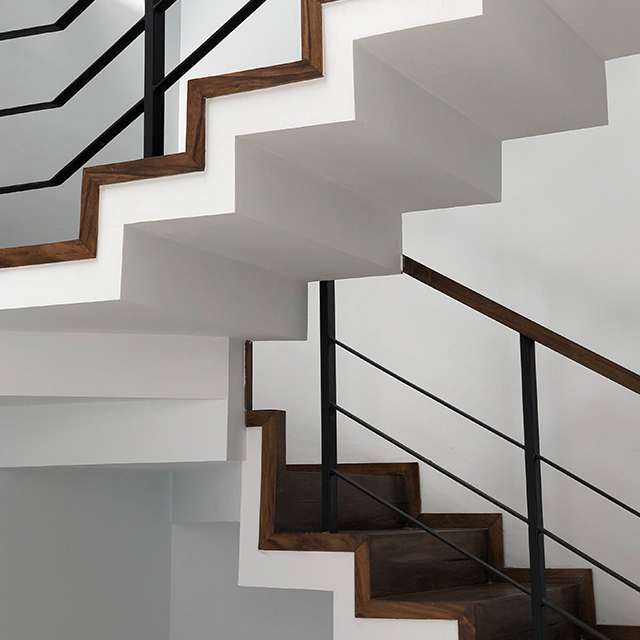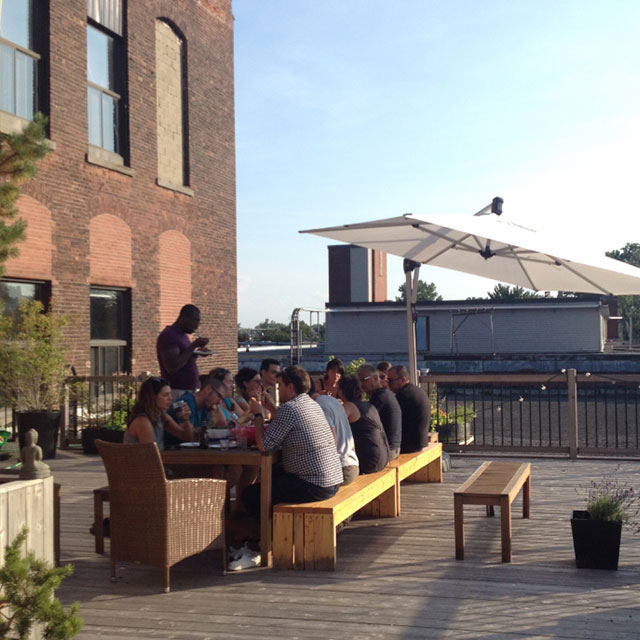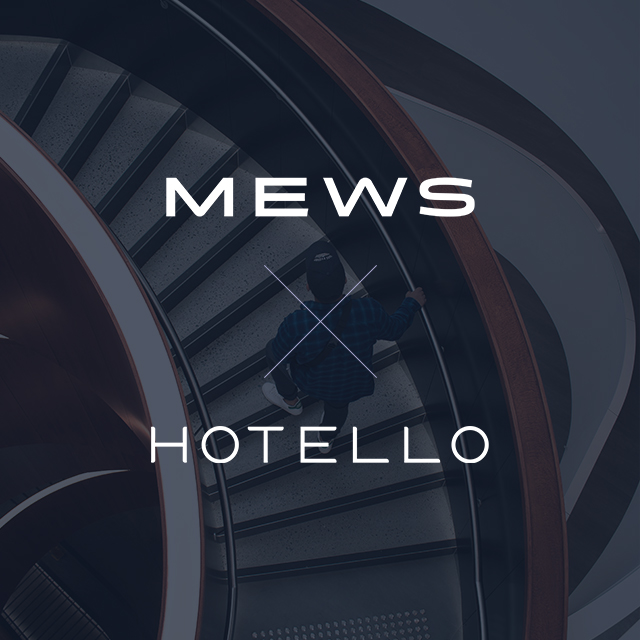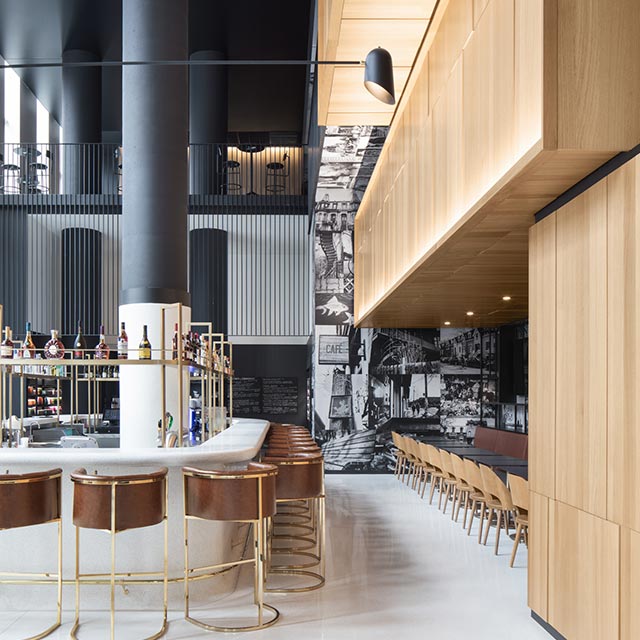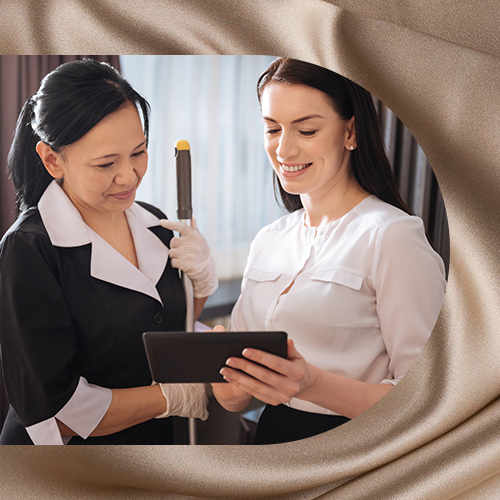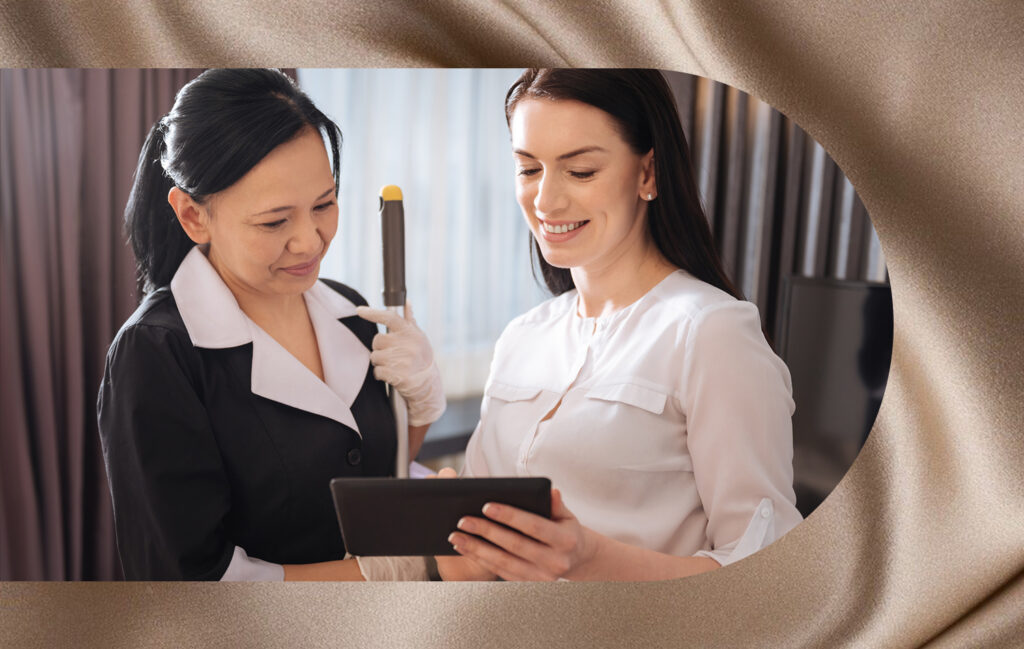
Apply a revenue management strategy
What is a revenue management?
The best way to define revenue management in the hotel industry is as follows: sell the right room, to the right customer, at the right price, at the right time, through the right distribution channel and with the best quality/price ratio.
This sentence summarizes the dynamic and the different data that the Revenue manager needs to anticipate demand and other customer behaviors. This data will allow him to take decisions regarding pricing and will help maximize revenue. The concept of revenue management was originally used in the airline industry, but it is a concept that can be use in any industry, especially when there is only one product to sell, or a limited quantity of that product, at a given time or when customers are willing to not paying the same price for the same product.
Before implementing a revenue management strategy, it is important to have the capacity to anticipate demand and habits. This could be for example, historical data of the property but also external data such as the weather or an event.

Analyze your key data and understand trends
First of all, data analysis is essential in a revenue management strategy. It starts with selecting the right data to consider. To do so, a resort will certainly have to take weather data into consideration in its revenue management strategy. On the other hand, this data is not essential for a hotel that organizes conventions.
In addition, market trends are not negligible. A popular year for tourism in your area will not have the same impact on your strategy in comparison with a year where there were fewer customers.
For example, a trend related to eco-friendly tourism will have an impact on your target if your property is not prepared to implement sustainable actions in its daily operations. The target clientele of this trend should not be targeted, so you will need to obtain other data on the clientele of this trend.
A good understanding of these trends is just as important as the analysis of the data, since a misinterpretation of the data or of a trend will have a significant impact on your strategy, and more importantly on its final result.
Modify rates: test and learn (looking for the sweet spot)
The revenue management strategy inevitably involves frequent and rapid changes of your rates. Some actions will sometimes be ineffective because even if the data is compiled, the interpretation of this data can sometimes lead to different conclusions and therefore different decisions. The more you analyze data, the more you will be able to automate and reduce errors. Therefore, the amplitude of price changes should be minimal in order to reduce your risks and the more your rules work, the greater the amplitude between your prices can be.
Stimulate your demand: marketing actions
Hoteliers tend to let the customer come to them, one way or another, either via their website or via OTAs. However, it is possible to stimulate demand through marketing actions, especially to attract new customers or to retain existing ones.
To stimulate demand, several tools are available at varying costs and with varying effectiveness.
Here are some marketing actions that can be considered to stimulate demand:
| Loyalty | New clients |
| Publications on social media Newsletters Mailings Satisfaction survey Loyalty program | Ads campaigns Social media campaigns Traditional media campaigns |
Optimize your online distribution
What is an online distribution?
Online distribution consists of selling your rooms on an online reservation platform. Also called booking engine, this platform shows you in real time, the availability of your rooms and also your rates. OTAs (Online Travel Agencies) play an important role in online distribution as they will allow you to appear in the search results of a person wishing to rent an accommodation in a city or region and that person does not know you. The most popular OTAs are Booking.com, Expedia, and Airbnb.
Selling on these platforms is greatly simplified by the implementation of a channel manager. Its role is to update in real time your inventory and your rates on all the selected platforms.

Practice overbooking or upselling
What is overbooking or upselling
Overbooking is the practice of selling more rooms than the hotel has. This strategy also comes from the airline industry and is based on the simple observation that for a given quantity sold, there will be an average number of people who will not show up. This strategy is high risk as it can have very negative consequences on the supplier.
Upselling is the process of encouraging the consumer to add items to their initial purchase. In the hotel industry, this could mean encouraging the customer to choose a room superior to the one they have booked and for an additional amount.
Mastering the art of overbooking
Overbooking cannot be applied to all properties. You must either have different types of rooms in your property or at least an equivalent property close in order to be able to relocate a client who has made a reservation and shows up while the property is full. It is necessary to have a second plan in case of this situation and until the day is over because nothing indicates to the hotel that the overselling will be realized.
In other words, even if the hotelier has overbooked his rooms, the problem occurs when a guest wants to check in while the property is at full occupancy. His plan B will be to either offer him another room type in the same property or another room in another hotel.
Therefore, the overbooking strategy must be based on either an upsell upgrade strategy or based on actual no-show data. The hotelier needs to be able to estimate the amount of possible overbookings, the potential risk to overbook and all the options he has to be able to accommodate the customer in the event of an overbooking situation.
L’upselling
Upselling can occur throughout the customer’s journey with the hotel. For example, during booking and before confirming the type of room, the hotel can suggest a superior room for X amount of money. Some hoteliers can also suggest a few hours before arrival, a bidding system on the remaining superior rooms. The customer can bid an acceptable amount for the superior room. They can also be solicited for a multitude of items upon their arrival, during their stay and even at the end of their stay by offering an additional night for example.

Overbooking on room types
It is about selling more rooms than the number of rooms available for one type of room. The choice of the type is often made at the level of the standard room since it gives more possibilities to the hotelier to suggest an upgrade to a loyal customer or to concretize an upselling.
The main objective will be to sell more and to distribute the surplus in upselling or upgrading while having an occupancy rate and a revenue probably higher than if the hotelier had not proposed his standard room anymore.
Overbooking in your property
Overbooking in the property is more complex as it is based on the probability that someone who has booked will cancel at the last minute or not show up. This data is compiled by the PMS and needs to be analyzed to determine the right number of rooms to overbook without causing too much impact on the property’s operations and its reputation.
A customer who makes a reservation at your property does it for specific reasons, if you have to relocate him to another location, it might not suit him and will have consequences on your reputation.
Structure and improve your offers
What is an offer and a package in the hotel industry?
An offer is an advantage for the customer regarding a regular rate, under specific conditions and usually due to a lack of occupancy in the hotel.
These offers can be a discount in percentage or cash on the regular room rate, a discount on the length of stay, a discount depending on the time of payment, or even the addition of items to a reservation such as a bottle of wine or an upgrade…
On another hand, the package is a set of services in addition to the accommodation, which the property or third party can offer. These services are added under a special rate for one guest. This rate is more advantageous than if the client pays each item independently.

A clear and simple description for the client
Whether it is for offers or packages, the description of what it includes is essential for the client. Both for selling it successfully and also to avoid customer dissatisfaction.
The more restrictive your offers are, the more clearly you should describe it. An offer can be applied between 2 dates with exceptions but can also be purchased today for later. All combinations are possible but its simplicity of understanding will make it a success or not.
Ensure that the offers are in adequacy with your customers
Your clientele has specific characteristics, it can be local or international, of a particular generation, have a purchasing capacity that is not identical to your competitor’s clientele. To do so, when you suggest an offer to your clientele, several factors must be taken into consideration, such as the period. If you attract a couple without children, you can suggest offers outside of school vacations. You can also act during the booking, for example by proposing a discount for a future stay because you know that your customers are used to book their stay last minute.
You can also adjust your pricing on a frequent basis if you know that your customers are eager for discounts or even on additional services if you know that your customers are loyal to your services.
Master your KPIs
What is a KPI?
A KPI is an acronym that stands for Key Performance Indicator. It allows us to measure the efficiency of an action or an organization. It must be quantified and must be measured frequently in order to evaluate the impact of an action. The benefits are also called ROI (Return On Investment). Hotel management requires the measurement of several KPIs to estimate the actual and future revenues.
Hotel key performance indicators
The 8 key performance indicators of a hotelier are:
-The occupancy rate
– The ADR: Average Daily Rate
– The REVPAR: Revenue Per Available Room
– The REVPAC Revenue Per Available Customer
– The GOPPAR which is probably the most difficult indicator to obtain. It is your gross profit per room
– Customer acquisition cost, a metric that represents the cost invested for each “acquired” customer
– Le ROI (Return On Investment) is the analysis of the profitability of an investment. It is the percentage of income you get from your initial investment.
– The hotel retention rate is defined as the proportion of customers who remain loyal from one period to the next period.
Learn more about the occupancy rate
Although your hotel PMS is an indispensable ally for gathering information and calculating the data, it is good to know how to do it in order to link the results to possible actions and to be able to properly analyze the situation.
Your hotel’s occupancy rate is the percentage of occupied rooms compared to the total number of rooms in your property. So if your hotel has 100 rooms and 65 of them are occupied, your occupancy rate is 65%. This data is relevant because it allows you to analyze the situation of your hotel in real time and to see which elements encourage customers to book with you at each time of the year.
This concept can also be used at the organizational level. It can provide you with forecasting data for different departments. When you reach a high occupancy rate, it is important that each department responds properly to customers. The occupancy rate greatly influences your human resources needs. It is therefore important to have a yearly overview of your occupancy rate to ensure that in times of high occupancy, each department has a sufficient number of employees to provide proper service.
Knowing how to calculate your occupancy rate will give you a way to analyze your hotel’s profitability. Your occupancy rate can vary depending on certain factors such as the selling price of your rooms. For example, if your prices are low, you may have a very high occupancy rate but it may not be profitable. In other circumstances, analyzing the occupancy alone may not be relevant as a performance indicator. If you have a very high occupancy rate, you will probably have to add more employees especially for housekeeping and it will inevitably impact your profitability.
Learn more about REVPAR and REVPAC
The REVPAC (Revenue Per Available Customer) metric represents the revenue per customer staying at your hotel. REVPAC is calculated by taking the total amount of revenue generated by all your customers and dividing it by the number of customers staying with you. With this, you will get the average revenue generated by each guest staying at your property, which allows you to make forecasts based on the occupancy of your hotel and the time of year.
The REVPAC is often an element that can be improved easily since it acts on an “in house” customer. Some actions can allow you to generate additional revenue. Why not offer them a room upsell at their arrival and for a small additional fee? Offering this superior room will have positive effects on them. First, your guest will be satisfied because he will feel that he got a good deal. Secondly, the standard room will be available for a customer who wants to book at a lower price.
Improving the REVPAC is a team goal that can be taken into consideration by all departments of your hotel. As for example, the possibility of delivering a bottle of wine to the room (crossell) or the activities to enjoy experiences offered at your property. The front desk has a very important role as it will be the one to suggest your offer to the guests and certain elements such as an early check-in or a late check-out.
When you fail to improve your REVPAC, keep in mind that there are many things you can improve and sometimes it’s as simple as refreshing your employees’ memories of the many sales opportunities your hotel offers.
The REVPAR is the revenue per available room. This means that a particular room can be rented during the observed period. This metric is calculated by multiplying the ADR by the occupancy rate. It is used to determine the average price for available rooms.
As an example, you rented your rooms at an average rate of $100 during one month and your monthly occupancy rate was at 75%, then your revenue per available room is $75. With this analysis, you could adjust your prices and lower your rates to $75 in order to achieve your full occupancy. On the other hand, if you realize that you did not reach your breakeven point during the month, the solution will not necessarily be to lower your rates but rather to check which department was not profitable. If it was your housekeeping that did not reduce its expenses despite a 75% occupancy rate, your lack of profitability may be coming from there.
All about the GOPPAR
This metric shows you the performance of your hotel’s departments. It takes into account the profits of your entire hotel including food and beverage sales. This amount is then divided by the number of rooms to give you your GOPPAR. It gives you a clear picture of the average profit you make when you rent a room. So the closer your GOPPAR is to your average ADR, the less your other departments will perform.
The GOPPAR is an indicator of profits. It is based on the revenues minus the expenses that were used to achieve that revenues. However, its result does not indicate where the performances are good or bad. It is only an overall daily indicator.
 Log in
Log in
